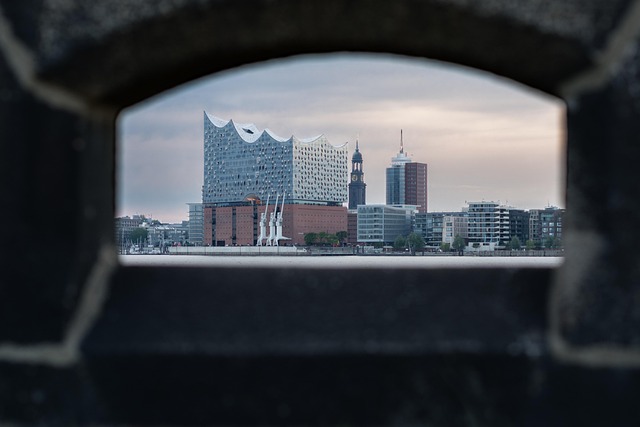Karachi, Pakistan's economic hub, depends on diverse water sources to support its growing population. The Karachi Water and Sewerage Board (KWSB) manages hydration, drawing from surface waters like rivers and reservoirs, including Indus River pumpings. Groundwater from numerous tube wells is crucial but faces unsustainable extraction concerns. Desalination plants play a strategic role during scarcity. Zamzama Lake, a natural reservoir, is vital for regulating water supply during arid summers. Karachi authorities are diversifying water sources with recycled water and desalination, implementing efficient distribution systems, and using smart grid technologies to minimize wastage, ensuring a sustainable future.
In the heart of Karachi, one of the world’s most vibrant and bustling metropolises, ensuring a sustainable water supply is paramount. This article delves into Karachi’s diverse water sources, highlighting Zamzama Lake as a crucial component in meeting the city’s ever-growing needs. We explore strategies to safeguard this vital resource for future generations, focusing on innovative approaches to ensure a reliable and clean water supply for the bustling city of Karachi.
- Karachi's Water Sources: An Overview
- Zamzama Lake: A Key Component
- Ensuring Sustainable Supply for the Future
Karachi's Water Sources: An Overview

Karachi, Pakistan’s economic hub, relies on a diverse range of water sources to meet its growing demand. The city’s water supply is primarily managed by the Karachi Water and Sewerage Board (KWSB), which draws from multiple resources. Surface water, including rivers and reservoirs, forms the backbone of Karachi’s hydration. The Indus River, though distant, plays a crucial role, with water being pumped from it to nearby storage facilities. These include the Manora and Hub power projects, ensuring a consistent supply for residents and industries alike.
Groundwater is another significant contributor, with numerous tube wells scattered across the metropolis. However, over-extraction has led to declining water tables, prompting concerns about sustainable use. Additionally, Karachi benefits from desalination plants that convert seawater into potable water during periods of scarcity, showcasing a forward-thinking approach to ensuring the city’s fluid needs are met, especially given its coastal location and growing population.
Zamzama Lake: A Key Component

Zamzama Lake, a picturesque body of water nestled in the heart of Karachi, serves as more than just a scenic landmark; it’s a vital component of the city’s water supply system. This natural reservoir plays a crucial role in sustaining the region’s hydration needs, especially during the arid summer months when water scarcity can be a pressing concern. The lake acts as a critical buffer, storing and regulating water flow to ensure a consistent and reliable supply for the surrounding communities and industries.
Karachi, known for its bustling metropolis and vibrant culture, relies heavily on such strategic water sources to meet its growing demand. Zamzama Lake’s proximity to urban areas makes it an invaluable asset in navigating the city’s ever-evolving hydrological landscape. Its presence underscores the importance of preserving and managing natural resources effectively to secure a sustainable future for Karachi.
Ensuring Sustainable Supply for the Future

Karachi, with its rapidly growing population, faces the constant challenge of maintaining a sustainable water supply. To meet the future demands, innovative strategies are essential. The city’s water management authorities have been actively working on diversifying water sources and implementing efficient distribution systems. One notable approach is the utilization of alternative water resources like recycled water and desalination plants, which help alleviate pressure on traditional freshwater supplies.
Additionally, smart grid technologies and advanced leak detection systems play a crucial role in minimizing wastage. By adopting these measures, Karachi can ensure a reliable and consistent water supply for its residents while also preserving vital resources for future generations. This balanced approach to water management is key to the city’s long-term sustainability.
Karachi’s water supply is intrinsically linked to its ability to sustain future growth. Zamzama Lake, a vital component of the city’s ecosystem, plays a key role in ensuring a reliable and sustainable water source for the bustling metropolis. By focusing on innovative solutions and responsible management practices, Karachi can continue to thrive while safeguarding its precious water resources for generations to come.

Leave a Reply
You must be logged in to post a comment.